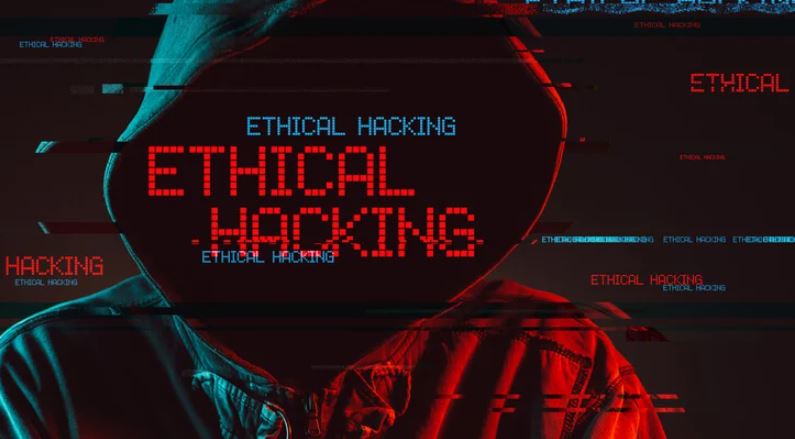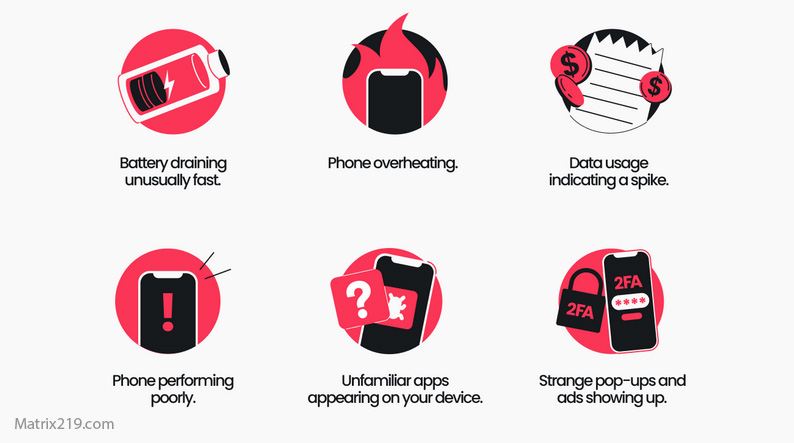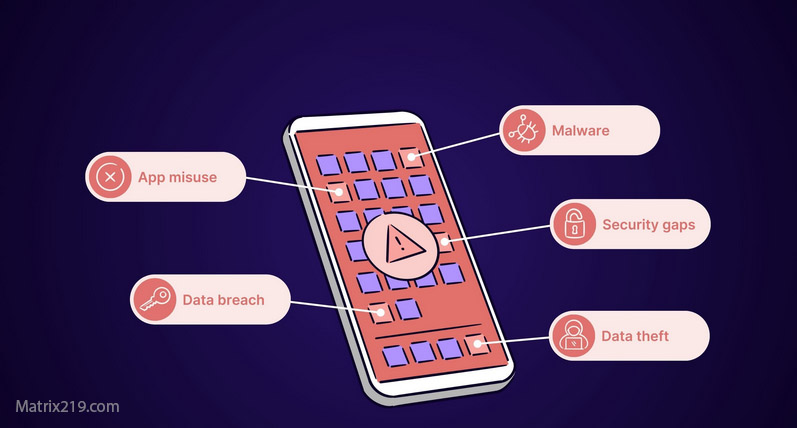What Is Ethical Hacking?
Ethical hacking is the practice of legally probing computer systems, networks, and applications to identify vulnerabilities before malicious hackers exploit them. Ethical hackers, often called white-hat hackers, use the same methods as cybercriminals but with authorization from the system’s owner. The goal is to strengthen security, not break it.
Why Is Ethical Hacking Crucial for Cybersecurity?
Identifying Weaknesses Before Attackers Do
Organizations face constant threats from malware, phishing, ransomware, and unauthorized access. Ethical hacking helps detect weaknesses proactively.
Protecting Sensitive Data
From financial details to personal information, ethical hacking ensures that sensitive data remains safe from cybercriminals.
Meeting Compliance Standards
Industries like finance, healthcare, and government must comply with strict security regulations. Ethical hacking helps businesses stay compliant.
Strengthening Public Trust
When companies invest in security testing, customers feel safer sharing their data.
Types of Ethical Hackers
White Hat Hackers
Authorized professionals who test and secure systems.
Black Hat Hackers
Malicious attackers seeking profit or disruption.
Grey Hat Hackers
Operate in between—may hack without permission but not always for harmful reasons.
Common Techniques in Ethical Hacking
- Penetration Testing: Simulating real-world attacks to uncover vulnerabilities.
- Social Engineering Tests: Checking how employees react to phishing or suspicious requests.
- Vulnerability Scanning: Using automated tools to detect system flaws.
- Wireless Network Testing: Ensuring Wi-Fi security against intrusions.
Beginner’s Guide to Ethical Hacking Tools
1. Nmap (Network Mapper)
- Used for network discovery and security auditing.
- Helps identify open ports, services, and vulnerabilities.
2. Wireshark
- A network protocol analyzer.
- Monitors network traffic in real time to detect suspicious activity.
3. Metasploit
- A penetration testing framework.
- Allows ethical hackers to test known vulnerabilities with exploit modules.
4. John the Ripper
- A password-cracking tool.
- Tests the strength of user passwords.
5. Burp Suite
- Used for web application testing.
- Identifies issues like SQL injection and cross-site scripting (XSS).
6. Aircrack-ng
- Specializes in Wi-Fi network security testing.
- Checks the strength of wireless encryption protocols.
7. Kali Linux
- A Linux distribution designed for penetration testing.
- Comes pre-installed with hundreds of security tools.
Skills Needed to Start Ethical Hacking
Networking Knowledge
Understanding TCP/IP, ports, firewalls, and routing.
Programming Basics
Languages like Python, Java, or C++ help automate tasks and exploit vulnerabilities.
Operating Systems
Familiarity with Linux and Windows is essential.
Cybersecurity Fundamentals
Knowledge of malware, encryption, and authentication strengthens hacking skills.
How to Become an Ethical Hacker
- Learn the Basics of IT and Networking
Build a strong foundation in computer science and networking. - Study Cybersecurity Principles
Understand malware, encryption, and risk management. - Get Hands-On Practice
Use platforms like Hack The Box or TryHackMe for real-world scenarios. - Earn Certifications
Consider CEH (Certified Ethical Hacker) or OSCP (Offensive Security Certified Professional). - Stay Updated
Cybersecurity is constantly evolving—follow security blogs, communities, and research papers.
Conclusion: The Value of Ethical Hacking
Understanding what ethical hacking is and why it is crucial for cybersecurity empowers businesses and individuals to stay ahead of cyber threats. By using penetration testing, vulnerability scanning, and beginner-friendly tools like Nmap, Wireshark, and Burp Suite, ethical hackers help secure networks and protect sensitive data.
For beginners, ethical hacking isn’t about breaking into systems—it’s about protecting them. With the right tools, skills, and mindset, anyone can begin their journey toward becoming a trusted defender in the world of cybersecurity.





